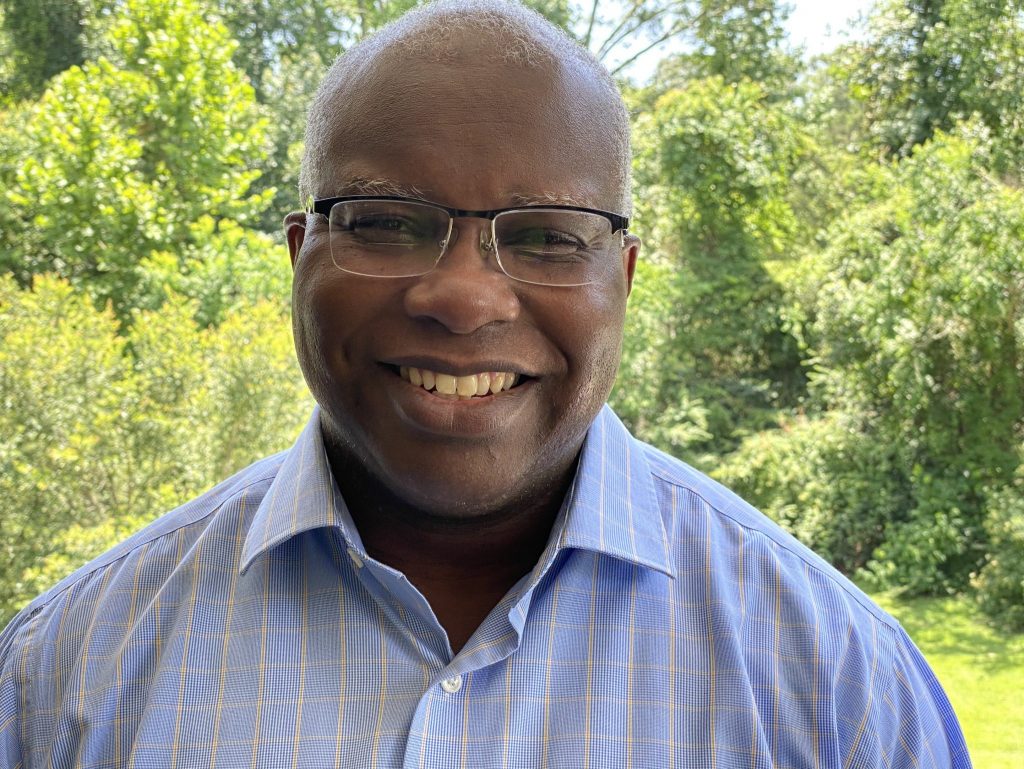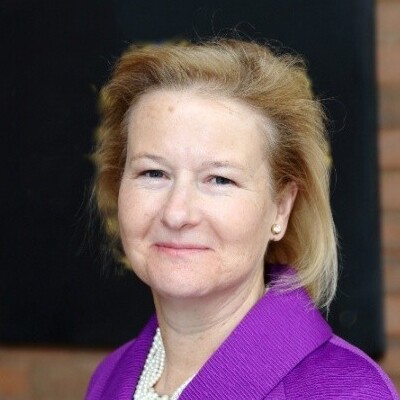Ethical leaders who value their souls need not fear the study of power. They are, in fact, the only ones who can study it safely, says Douglas Board, author of Elites and Honorary Senior Visiting Fellow at the Business School of City, University of London
The day when resembling Niccolò Machiavelli unnerved me was when I realised that he had written comedy. I’m a Christian who wants to build a moral world; so was he. I’m a senior courtier (an executive coach, previously a headhunter) who has seen power close up, exercised some myself and thought about it a lot; so was he. But comedy was the cherry on the cake [the writer of this article is the author of the campus satire, MBA]. With hindsight, humorists love to see the world through two lenses at once, which is a valuable power skill.
One floor down from the top
Machiavelli’s The Prince (published in 1532) is a survival guide for Renaissance leaders at the top. My latest book, Elites: can you rise to the top without losing your soul? (2021) opens instead with a survival guide for leaders, managers and professionals who work closely with the top (the C-suite) but aren’t quite there. The book opens with the true story of a fight between the top (a big league CEO) and one of my hidden heroes (an acting COO); this time the acting COO wins.
This difference disguises a similarity. Machiavelli wrote to make the world a better, more moral, place. So he wrote for the individuals – princes in his day – with the power to do that. Elites is written for the prince’s corporate and professional lieutenants for exactly the same reason.
Let’s call them the ‘D-suite’ – one floor down from the top. And ‘D’ is for danger: it’s a dangerous place to earn a living. Knowledge can be dangerous. When Marie Curie investigated radium, she may have had anxious days but there was an innocence to her risk-taking. Terra incognita isn’t planted with warning signs. Her search killed her and, to this day, her notebooks are too radioactive to touch. By contrast, if you or I decide to investigate power, there are warning signs. The biggest of these is silence.
For 18 years, I was a headhunter for the C-suite and the D-suite, working across organisations large and small, blue-chip and entrepreneurial, for-profit and governmental, academic and community-based. I did a doctorate when I finished because I was convinced that there was something true across all this work of which I couldn’t find a trace in articles in Harvard Business Review, let alone books on selecting people. A year into my doctorate the penny dropped: the unspoken word was power.
Ethical leaders’ fear of power is misplaced
Once you notice ‘power’ as a topic, you see all the other warning signs. For example, Machiavelli’s terrible reputation, the saying ‘power corrupts’, or the all-too-prevalent and disgraceful behaviour by the powerful (as shown by the #metoo movement). The result, as Stanford Professor, Jeffrey Pfeffer, laments in Power: why some have it and others don’t (2010), is that ethical leaders don’t study power; they value their souls too much. The result of this is that too much of the world managed by a**holes.
But this fear of power is wrong. It’s caught up in a wider mistake about the nature of individuality, especially as understood in the anglophone world. The mistake is to think power is simply resources or techniques for getting more of what you want, regardless of what you want. If you think like that, then power will corrupt and dehumanise you; it will be like radium.
Because to be human is not just to want things (as dogs or economists would have it) – be those things chocolate, designer jeans or freedom. Instead, we have wants about our wants. We wish we wanted certain things and did not want others. This is called ‘ethics’.
How to study power safely
I’m delighted to report that ethical leaders can study power safely. That news means, if we can survive long enough on this planet, a better world is possible. To study and use power safely:
- Politics and ethics must be taught side by side. No one can be politically competent without critically questioning what we want, why we want it and whether we are happy to want it – which is ethics. Consequently, only ethical leaders can study power safely.
- Anyone who teaches power should be as transparent as possible about their (probably complex) motivations.
- Our teacher should show up as a flawed, life-size human being. Without this, we cannot know that they fully understand what being human involves.
Elites weaves together three strands – a close analysis of the C- and D-suite worlds; a searching inquiry into ideas about success (not least my own); and warts and all descriptions of standout incidents from my own journey.
Notice that the three criteria rule out purely scientific studies. Marie Curie studied scientifically and it killed her; the social nature of power is much more complex than the physics of radioactivity. Pfeffer’s book tries to be scientific (presenting neutral laws and techniques) but what saves it is his humanity leaking through. He has a moral objective: he doesn’t want ethical leaders to be exploited as saps.
Also exposed are ‘pornographies of power’, like Robert Greene’s bestseller, The 48 Laws of Power (1998). Greene doubles down on ways for you to get more of whatever you want, whatever your desires may be. Studies like this dehumanise the reader as well as whatever ‘objects’ they try to manipulate.
That ethical leaders can study power safely is news; good news. Even better news is that only ethical leaders can.
Douglas Board is an Honorary Senior Visiting Fellow at the Business School (formerly Cass, soon Bayes) of City, University of London. He is the author of Elites: can you rise to the top without losing your soul? (2021), the product of his years of experience as a headhunter. He is also the author of the campus satire, MBA, and Time of Lies, an exploration of the collapse of democracy.









































